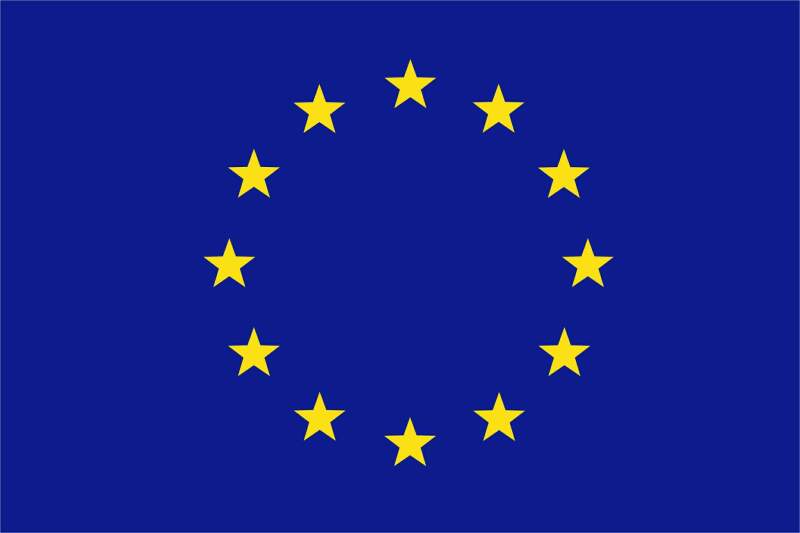
The EU Digital Single Market (DSM) was the topic of a seminar held yesterday by the Westminster Media Forum. As readers who have been following European issues will know, the DSM is a set of proposals by the EU Commission designed to promote the development and spread of digital technology across national borders in Europe.
The Commission’s initial thoughts were aired in a communication in May, and since then we have been in what one lawyer described to me as “a phoney war”, before concrete legislative proposals are published, probably by the end of this year.
Concerns raised

Readers will also know that many of the contentious proposals will also affect IP owners, notably regarding geo-blocking and portability of content. Speakers including Richard Mollet of the Publishers Association, Stan McCoy (left) of the Motion Picture Association and Bill Bush of The Premier League lined up to set out their concerns at yesterday’s event.
One of the messages that came over strongly from these and other speakers was the need for evidence to show why changes are needed, how they will benefit consumers and businesses and what the pros and cons are. McCoy said: “The burden is on the European Commission to answer questions factually” while Bush complained that “the evidence of the real world is ignored”.
It’s a timely observation, as Paul Joseph of RPC noted in a presentation on the UK’s private copying exception at the same event. As he pointed out, that exception was quashed by the courts earlier this year just months after it had come into effect. The reason? The policy was “nowhere near to being justified by the evidence”.
Evidence-based policy

Coincidentally, today the UK IPO publishes its annual research plan, with 13 projects in three main policy areas (we have interviewed the Office’s new chief economist Pippa Hall (right) about the plans). The UK IPO is not the only IP office to have a team of economists doing research, but the government has repeatedly said that IP policy will be “evidence-based” so its work is important. As Hall told me: “We are looking at doing collaborative research with industry so we can get the best answers at the end of the day, to either support or challenge policies.”
As we’ve noted before, there’s a degree of mistrust and misunderstanding between IP lawyers and economists, which probably won’t be ameliorated by the recent article attacking patents in The Economist newspaper. This is partly inevitable, as lawyers and economists are in different roles, have different backgrounds and bring different perspectives. Moreover, as Hall says, fundamentally they have a different understanding of what constitutes “evidence”.
I don’t doubt the challenge of compiling “evidence” on issues affecting IP rights: you’re dealing with concepts that are intangible, where value is often measured in the long-term, and where many metrics simply cannot be measured (sometimes because the relevant activities are illegal).
Those arguing for or against particular policies (whether in government or the private sector) therefore need to work harder, and cooperate where appropriate, to show the benefit or harm caused, in order that legislators can make properly informed decisions. That means not just asserting positions, but citing data and case studies to support them.
Speaking in Parliament on Monday the UK IP minister Baroness Neville-Rolfe said: “We are trying to be proactive with our paper on the digital single market and not just play catch-up … I am actively engaged in the discussions in Brussels and look forward to reporting on the outcome in due course.”
Hopefully that active engagement will include presenting credible and persuasive evidence whenever possible.









